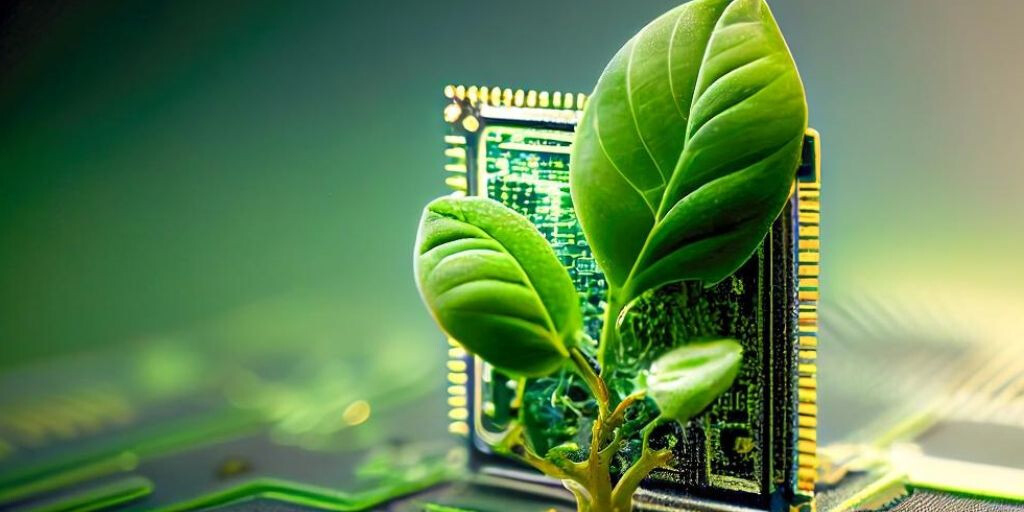
In today's hyper-connected world, the rise of social media and global online interactions has brought us unprecedented opportunities. However, this digital revolution comes at an environmental cost, particularly with the increasing reliance on Artificial Intelligence (AI).
Jadille Mussa, a landscape architecture scholar at Universidad Central, highlights the growing energy consumption associated with AI technologies. Massive data centers powering our daily applications and services require vast amounts of electricity, often derived from non-renewable sources. This energy demand contributes significantly to greenhouse gas emissions and climate change.
Moreover, the training processes for AI models are resource-intensive. It's estimated that training a single language model can generate as much CO2 emissions as a car's lifetime usage. This raises concerns about the sustainability of AI development.
Addressing the Environmental Impact
Mussa suggests several strategies to mitigate the environmental footprint of AI:
Energy Optimization: Improving energy efficiency in data centers and transitioning to renewable energy sources.
Algorithm Efficiency: Developing AI algorithms that require fewer resources to operate.
Public Awareness: Promoting dialogue and awareness about the environmental impact of AI to drive change.
A Call for Responsibility
Mussa emphasizes the shared responsibility of individuals and businesses in adopting sustainable technology practices. Individuals can educate themselves and choose eco-friendly tools, while companies should invest in clean technologies and innovative solutions.
The Case of Chile
Mussa points to Chile's successful example of water reuse in the mining industry, enabled by Law 21623/MMA. She suggests that similar regulations and incentives could be applied to promote sustainable AI practices in the country.
Conclusion
By embracing technology responsibly and consciously, we can enjoy the benefits of the digital age without compromising our planet's future. It's crucial to strike a balance between technological advancement and environmental sustainability.
[Copyright (c) Global Economic Times. All Rights Reserved.]



























